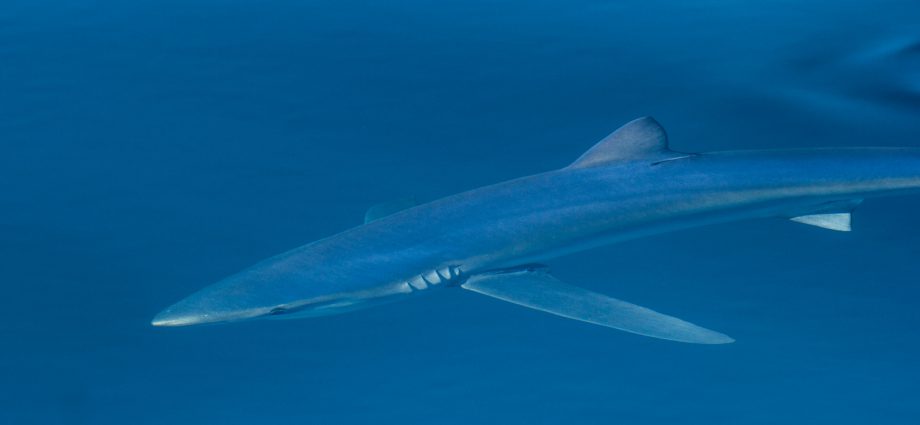LISBON (Portugal) A new crisis emerges worldwide because of climate change: the number of dead zones in our oceans is rising. And that means that fish that normally swim there, are now coming to surface layers where they can find oxygen. And that’s where the fishing industry awaits. Researchers show blue sharks have become more vulnerable with the increasing deoxygenation of the ocean.
Climate change has put our oceans in danger. They are warming up, sea levels are rising and the waters are polluted with microplastics and becoming more acidic. Also coral reefs are dying, and many species of commercially exploited fish are in steep decline.
Dead zones
Next to all that hundreds of coastal “dead zones” now exist. This is a more common term for hypoxia, which refers to a reduced level of oxygen in the water. Less oxygen dissolved in the water is often referred to as a “dead zone” because most marine life either dies, or, if they are mobile such as fish, leave the area
An international team of British and Portuguese researchers now show that expanding ocean hypoxic zones leads to more interaction between fisheries and threatened pelagic sharks, such as blue sharks.
The relation between the two had not yet been shown.
Blue sharks
In the research, analysis of satellite-tracked blue sharks and environmental modelling in the eastern tropical Atlantic oxygen minimum zone (OMZ) shows that the sharks dive less deep due to combined effects of decreasing dissolved oxygen (DO) at depth, high sea surface temperatures, and increased surface-layer net primary production.
Multiple factors associated with climate-driven deoxygenation contributed to blue sharks staying in more shallow waters, potentially increasing their vulnerability to surface fisheries. Greater intensity of longline fishing effort occurred above the oxygen minimum zone, compared to adjacent waters.
Read the full research: https://elifesciences.org/articles/62508

